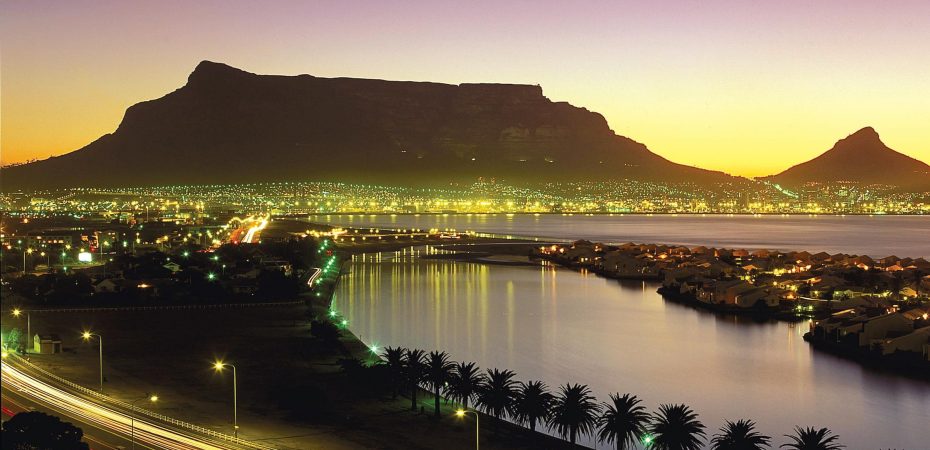Let’s get it out of the way first. South Africa in previous decades or so has had a bad reputation when it comes to tourism.
Which when you see this fantastic red earth country really is a shame.
This beautiful land has seen some of the worst man can do to man, from no go areas to harsh government legislation and at best dodgy justice.
But since that incredible day when, as the eyes of the world watched with excitement, Nelson Mandela walked from the confines of his cell on Robben Island into the corridors of power, the Rainbow Nation has worked hard to put its past behind it.
Tourism is firmly back on the cards – from safaris to luxury city breaks – and this magnificent country has plenty to offer travellers.
However, after a day spent tracking lions, gazelles and elephants is there a decent brew to help wash the dust from your mouth and slake your thirst?
Certainly South Africa has a long history of brewing dating back to the early 20th century.
The beer industry has had two main influences on its development.
Firstly, European settlers who colonised the country brought their brewing expertise and know-how as the country was populated.
Dutch immigrants from the 1650s onwards, and German and British immigrants during the 18th and 19th centuries all contributed in different ways to the knowledge of alcohol production in South Africa.
Another important but often overlooked influence was indigenous knowledge. As with many cultures, creating some form of beer, or alcoholic beverage, has been ingrained in the group conscience for generations.
Local breweries, operated by the indigenous African population, especially groups such as the Sotho and Zulu, have been brewing forms of sorghum and maize beers long before any Europeans arrived.
Today, the mighty South African Breweries (SAB) controls the vast majority of the South African beer market, and with the notable exception of imported brands such as Heineken, Guinness and others.
SAB owns and produces all the major brands in the country, as well as owning Miller’s Genuine Draft (American), Peroni, Pilsner Urquell and a long list of others which makes it one of the world’s largest brewers.
The company’s most popular home brand is Castle Lager, which has a warm and heady taste, and is the brew of choice in many bars and restaurants, especially in the urban areas.
It also produces Castle milk stout and Black Label, which is one of the more popular beers among the black population.
South African Breweries was originally founded in 1895 by Jacob Letterstedt to serve a new market of miners and prospectors in and around Johannesburg.
Two years later, it became the first industrial company to be listed on the Johannesburg Stock Exchange (JSE).
This Article is from Beers of the World Issue 6, and the rest can be found here.

